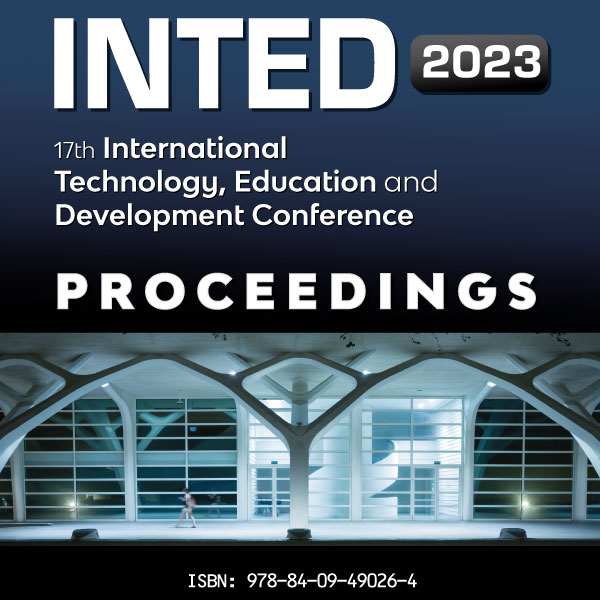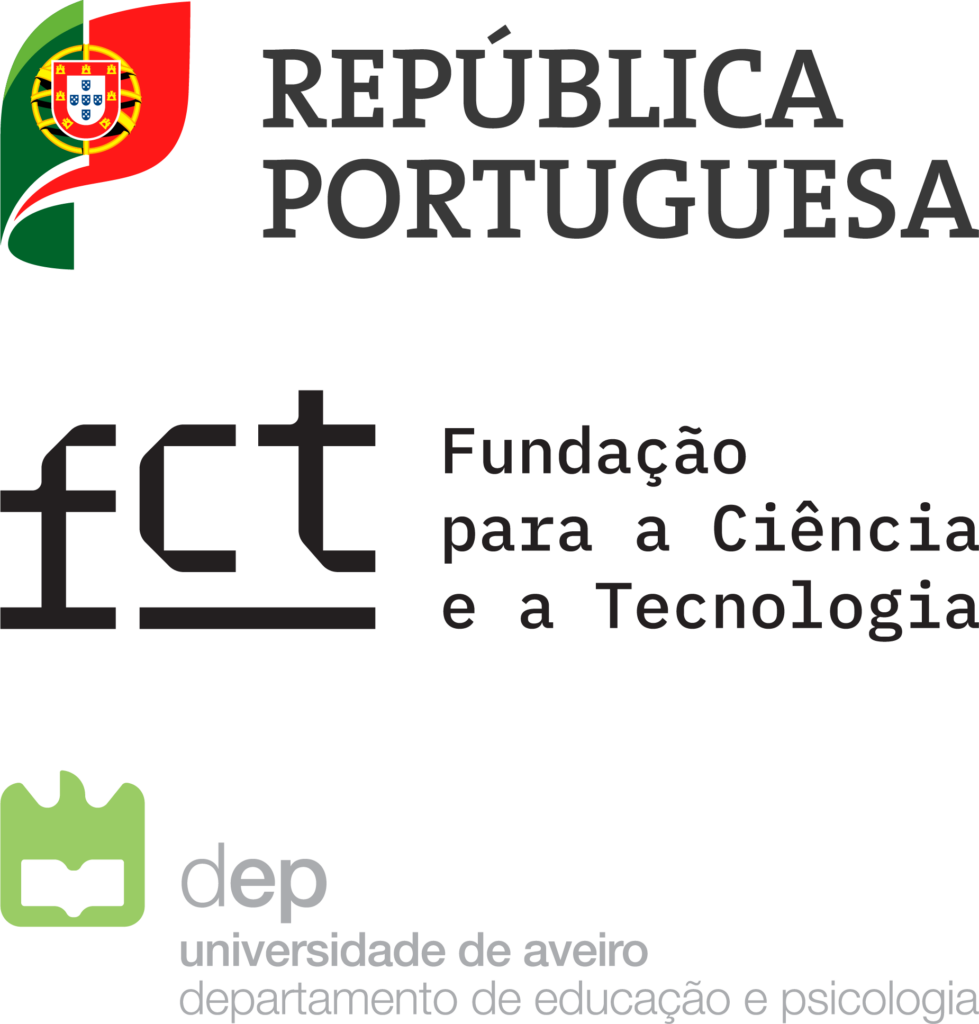Susana Ambrósio (CIDTFF), Sara Santos (CIDTFF) & Ricardo Torres (CIDTFF) | In INTED2023 Proceedings: 17th International Technology, Education and Development Conference, pp. 8808-8817
Abstract:
Although Science Communication (SC) training has been scattered and sparse, especially in what concerns the Education field, SC training programs are on the rise and there is an increase in interest in how their quality is evaluated. In fact, it’s recommended by the literature that these should be accompanied by evaluation of their effectiveness and outcomes. Bearing this in mind, in early 2022 a SC training cycle for graduate students was organized by a research fellows nucleus of an educational research center, which included three independent, but complementary workshops: SC, inclusion of visual elements in SC and Storytelling in SC. The number of participants varied throughout the workshops, with 25 of them being common in all three. Within this training cycle two questionnaires were applied, one before the training and a second one after it. This study, which focuses on the results of the latter and comes along in the follow-up of a previous study, intends to assess the perceptions of the participants regarding the quality of the training cycle sessions. The abovementioned questionnaire was elaborated based on the David & Baram-Tsabari (2020) study, where several evaluation efforts in the SC training field were reviewed and suggestions on what’s needed were given. It’s settled upon a 4-level model and aims to help map participants’ changes in attitudes, skills, behavior and overall results from the training program, assessing its effectiveness. The questionnaire was answered by 17 participants, whose responses were subjected to content analysis. The participants evaluated the cycle as very good and excellent in terms of its organization, dissemination, experts’ quality, resources, time for discussion and general evaluation. Considering the main words that they associate with the cycle, the following ones were most mentioned among the responses: Science; Communication; Storytelling; Organization; Knowledge; Public; Innovation. The responses are disperse concerning the perception of gained expertise to dynamize SC activities after the cycle, although the majority of the participants admitted to feel more capable to adapt the message to different audiences and to apply, in practice, the learned theory on SC. More than half of the participants feel confident to identify and align the intended message behind the SC activity to the audience and to the means of communication, with some of them being divided in whether they are capable of establishing goals and fulfilling them in SC activities or not. The majority of the participants feel confident in applying skills of planning, in dynamizing SC activities and in critically analyzing their practices as well as other people’s practices regarding SC activities. Nevertheless, the answers appear to be scattered when talking about participants’ capacities to outline assessment strategies to SC activities. In this communication, we intend to present the results of the second questionnaire in more detail and reflect on what could be improved in terms of organization and content for the next editions of suchlike training cycles. In addition, we intend to think deeply about the usefulness of making a greater number of participants aware of the importance of answering the final evaluation questionnaire, in order to allow us to have a broad perspective of the value and quality of initiatives like this for the promotion of confidence and capability to dynamize SC activities.
– – – – – –
Referência:
Ambrósio, S., Santos, S., & Torres, R. (2023). Science Communication in Education: a first overview on training evaluation. In INTED2023 Proceedings: 17th International Technology, Education and Development Conference (pp. 8808-8817). https://dx.doi.org/10.21125/inted.2023.1975





